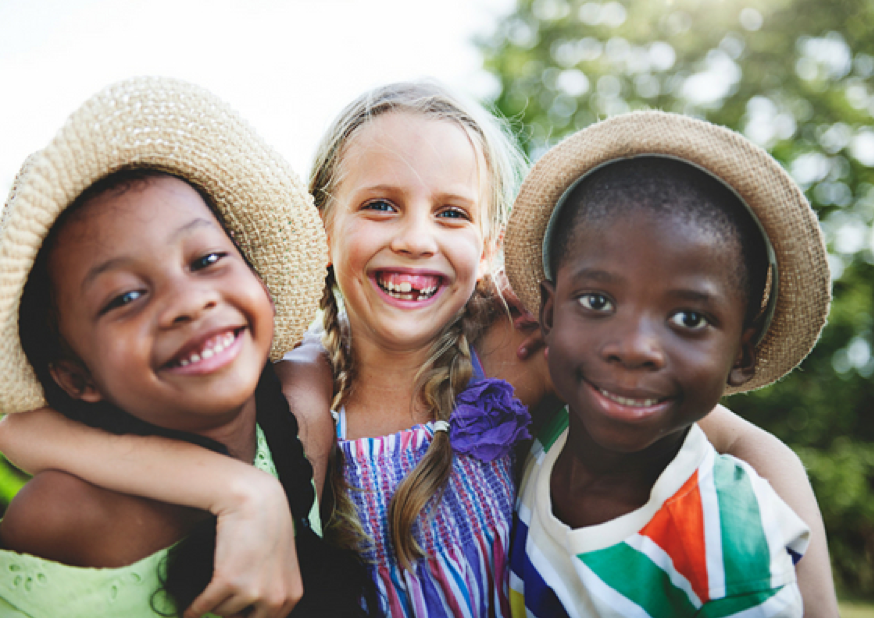With such negative rhetoric swirling around our communities, our news outlets, our social media pages, it is difficult to find ways to approach the topic of race in a positive light, especially with our children who are particularly susceptible to this negativity.
In order to change the way our society fundamentally interprets race, it is essential that we properly address it with young generations. I have found that in order to have productive and positive conversations, there are three things that we desperately need to do with our children.
1. Teach them to empathize.
At its core, the reason we want to talk about race is because it has both historically and presently had major implications on how we function as a society. It has left us with structural racism. In order for us to fight against that structural racism we must first be able to talk about it and understand what it feels like. That is why empathy is so important.
Intentionally putting children in situations where they are not in the majority, provides them with a peek into the world and experiences of others. Help them navigate these situations and talk about what it feels like! Parents can accomplish this by visiting different countries, going to events that are hosted by different cultures, and reading together about different people, places, and customs around the world.
2. Encourage curiosity, not fear.
Many of us were taught to not talk about race. We grew up with the understanding that if we talked about race, we were racist. This is so far from the truth! In fact, being “Color Blind” is completely counterproductive and can actually do more harm to people of color than it does good. By not talking about race, we make it unnecessarily more complicated.
As adults, we can begin celebrating the similarities AND differences between ourselves and people who do not look like us. In our house, we talk about race openly. It is not taboo. We talk about how current events intersect with race, we ask and encourage questions about race, and we watch movies, read books, and listen to music from different cultures. This creates pathways for us to speak with our children about racial issues that they are unfamiliar with and thus begin to develop the sense of empathy that I mentioned earlier.
3. Model appropriate behavior.
The most important thing we can do is to model the kinds of behaviors we want our children to emulate. My father used to always tell me, “Watch what people do, not what they say.” So, we try to live in a way that shows our children that we value all people, no matter what their skin color is.
Aside from promoting and practicing equality in everything that we do, there are a few specific actions we consistently try to implement. When we don’t know something regarding race, culture, religion, etc. we research our questions together. This way, we are sifting through information and learning alongside one another. We intentionally make sure that we have a very diverse group of people that we get to interact with regularly. This promotes experiential learning and really eliminates the sense of fear that can emerge from the lack of exposure to diversity. We always look for ways to learn in the community. So when I see that an exhibit about a different culture is going to be featured in our city and it fits in our schedule, I add it to the calendar!
Now more than ever, it is our responsibility to be racial advocates and properly educate our children about issues of race and racism. This is not only so that they can successfully move through this complicated, diverse, and often challenging world, but also so that they can fully embrace the beauty of their own race and their own culture.








Leave a Comment